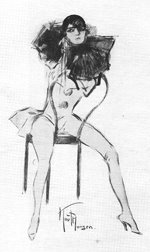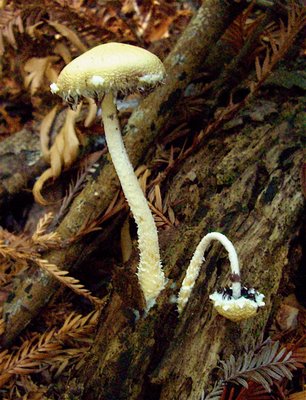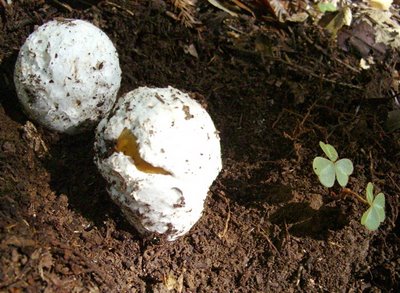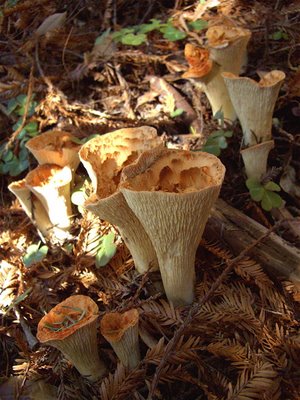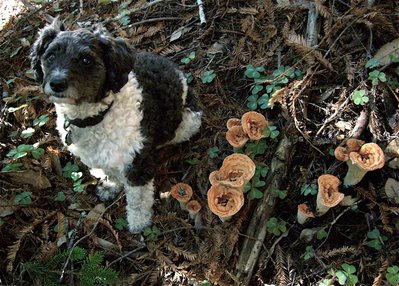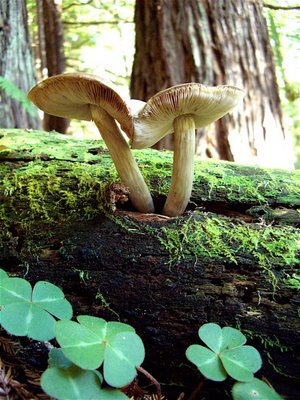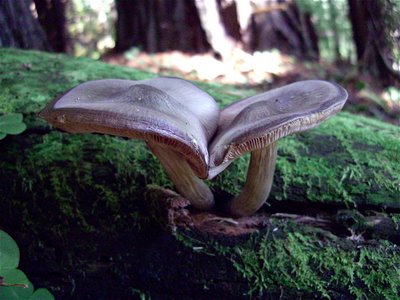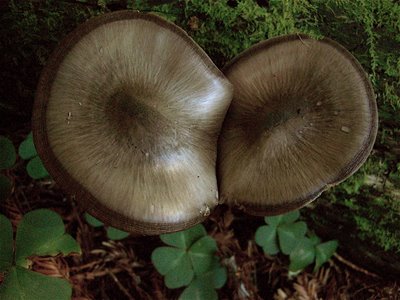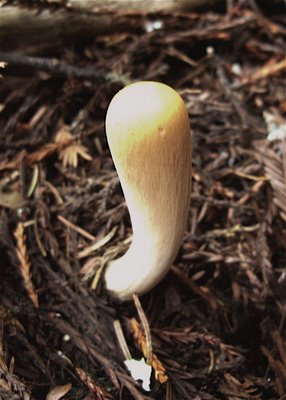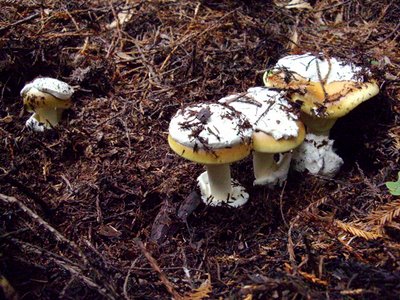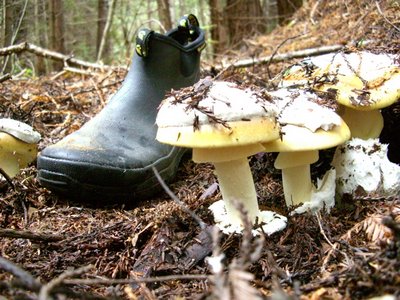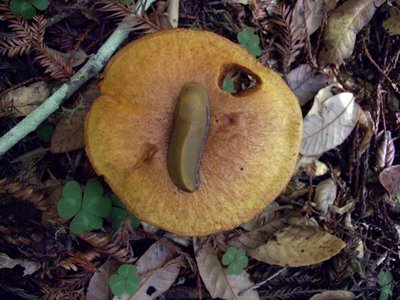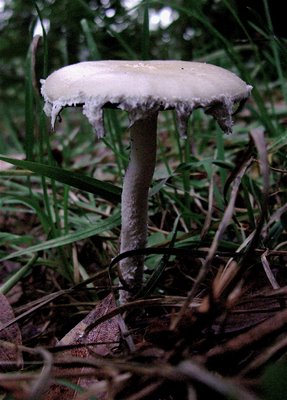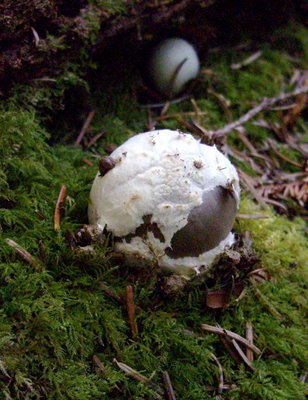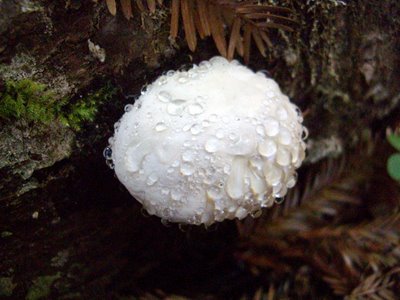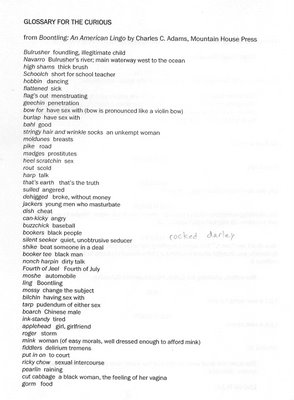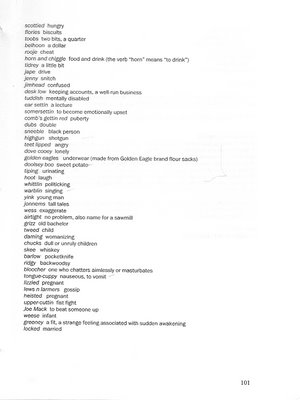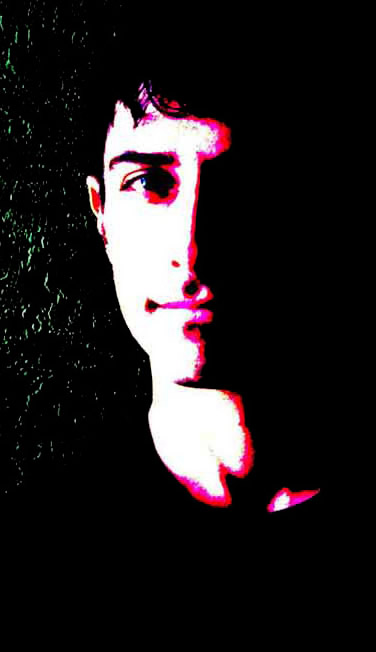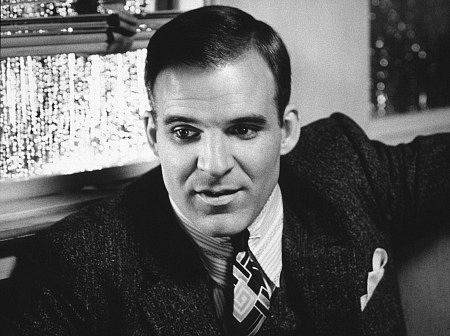
Whenever I remove myself from human society in order to get some serious writing done, I expect my mood to nosedive. In this instance, shut in a small cabin with the dog and the novel and a woodstove, I have not helped myself with my choice of reading material--Jonathan Safran Foer's
Extremely Loud & Incredibly Close and, read by the author on CD,
Beloved. This is my first exposure to Foer, and while, 230 pages into the book, Oskar Schell is irresistible, Foer's stylistic and typographical experiments are not (he might find this funny--my copy from the San Francisco Public Library has a handwritten note indicating that there is "writing on pp. 208-216"). Toni Morrison's mostly whispered performance of
Beloved is devastating when it isn't totally inaudible. Toni, speak up! Don't you know everyone's listening to this in the car?
Between American slavery, 9/11 and the firebombing of Dresden, who needs Seasonal Affective Disorder? I am counterbalancing all of the above with five-hour pool-playing sessions with Pierrot across the valley, every other night, and, on alternate nights, practicing the Tchaikovsky violin concerto, whose first movement is the happiest music written after the death of Schubert. Ludicrous piling on of intense, throbbing, cherry-popping, Ecstasy-fueled happiness! If Tchaikovsky were alive today he'd be writing music for circuit parties.
Which is such a good segue to the other thing I read today--Steve Martin's personal essay in the
New Yorker about his first regular comedy gig, at Knott's Berry Farm in the 60s. It includes this vignette:
Working on a college project about Charles Ives, (college roommate) Phil (Carey) landed an interview with Aaron Copland...Three days after we left Los Angeles, Phil and I arrived at Copland's house, a low-slung A-frame with floor-to-ceiling windows, in a dappled forest by the road. We knocked on the door, Copland answered, and over his shoulder we saw a group of men sitting in the living room wearing what looked like skimpy black thongs. He escorted us back to a flagstone patio, where I had the demanding job of turning the tape recorder on and off while Phil asked questions about Copland's creative process. We emerged a half hour later with the coveted interview and got in the car, never mentioning the men in skimpy black thongs, because, like trigonometry, we couldn't quite comprehend it.
I know next to nothing about Copland's life, but in my imagination he was the nerdy bookish side-kick to Lenny's high-living, dry-fucking, student-molesting sot. It really warmed my heart to learn that Copland was getting his share of scandal and thong.
The other lovely thing from the Martin essay:
Through the years, I have learned that there is no harm in charging oneself up with delusions between moments of valid inspiration.
I will take comfort in this while both are in short supply.
Labels: art, artist retreats, Mendocino, music, The New Yorker, the novel, writing
